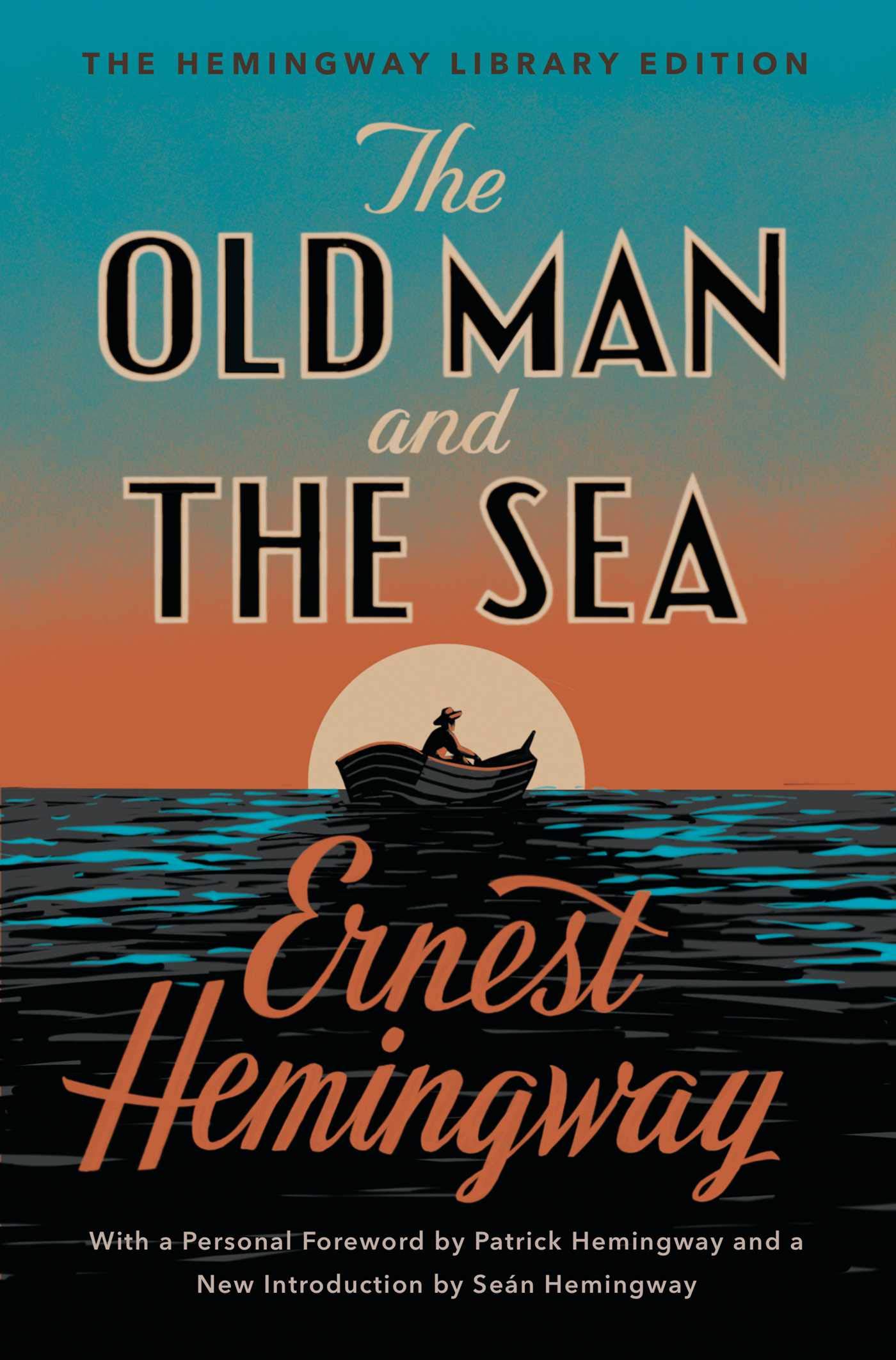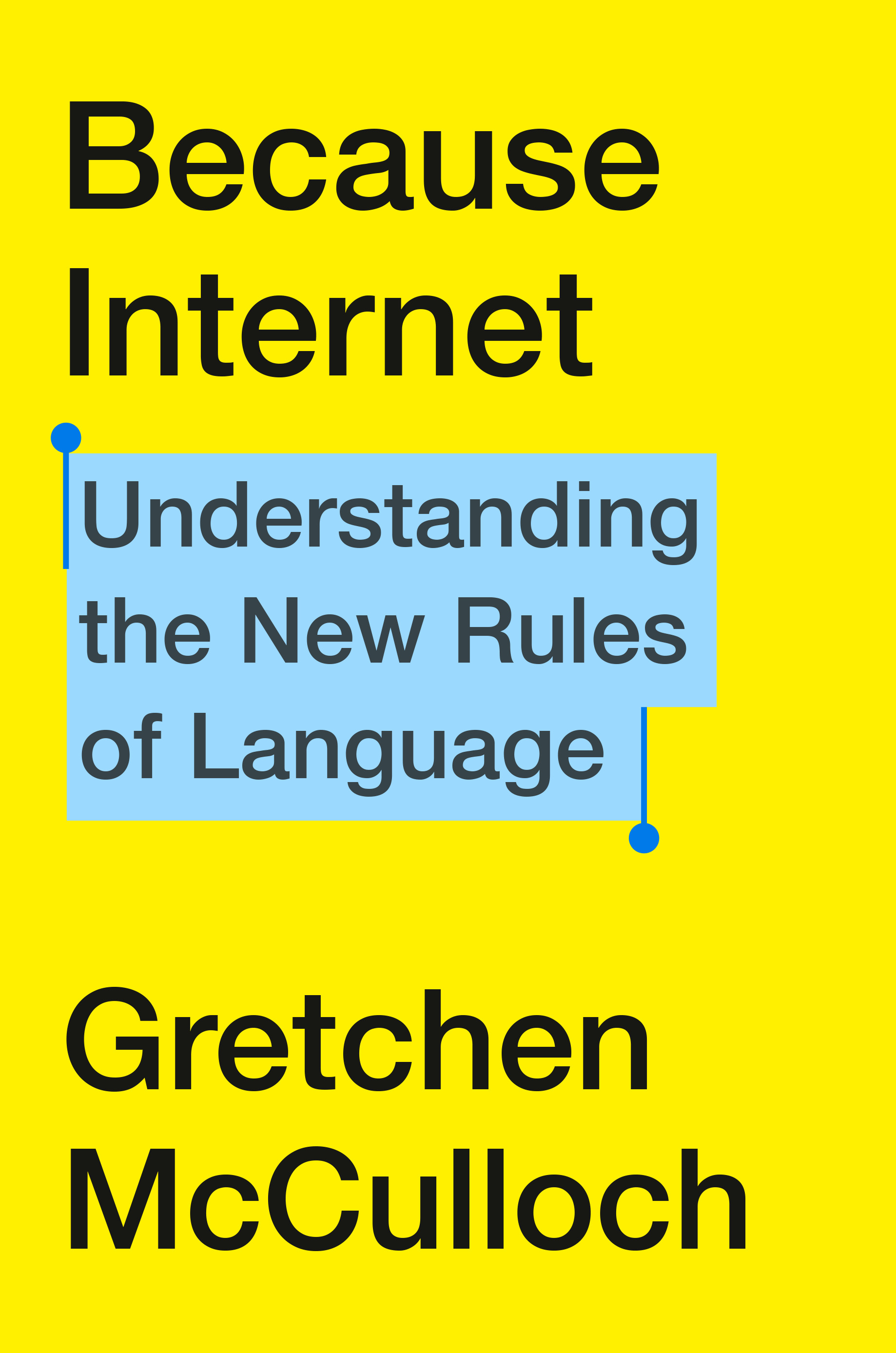
I like this book for what it is: simple and straightforward. To all the people who try to seek deeper meaning and symbolism from this story, I have only this quote from Hemingway himself to offer:
“There isn’t any symbolism. The sea is the sea. The old man is an old man. The boy is a boy and the fish is a fish. The sharks are all sharks no better and no worse. All the symbolism that people say is shit. What goes beyond is what you see beyond when you know.”
Ernest Hemingway
Hemingway, despite all his issues, just can’t be denied as a great writer – it’s evident in the sheer amount of storytelling he can do in 120 concise pages. The narrative has always been disappointing to me, but only because we all want the happy ending where he returns home with the marlin intact and is hailed as the village hero. But life is rarely that perfect, isn’t it? This ending is much more realistic, and Santiago nonetheless still gets some recognition when the other fishermen see the skeleton of the marlin on the beach. I always leave it not happy, but satisfied.
P.S. This 1-star review on Goodreads made me laugh out loud:
Worst book ever.
Just throw the fucking fish back in. Fuck.





